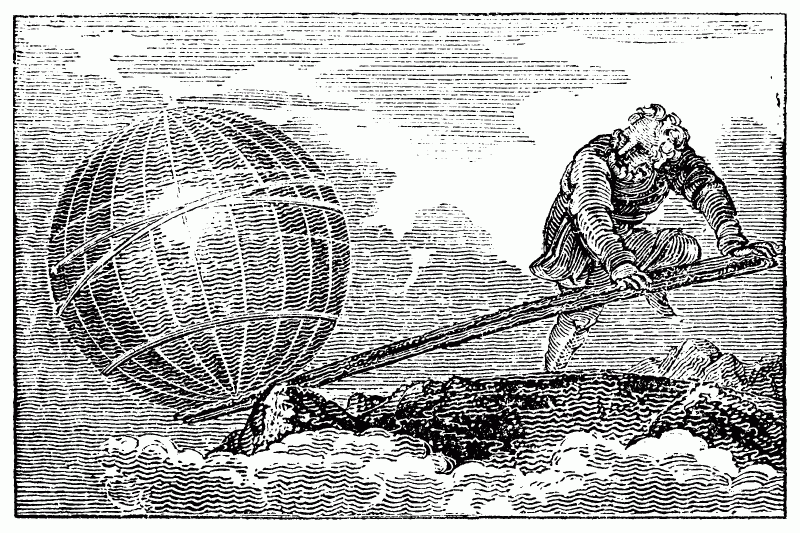Beginning: Where To Start Your Story
Archimedes said: Tell me where to stand and I’ll move the earth. The writer says: Tell me where to begin and I’ll tell …. Ahhh, that’s the problem. Where is the beginning of the great story you want to tell?
Beginning: The Oldest Chestnut
The oldest piece of writing advice in the world is: Start your story as close to the end as possible.
As a romance writer, I’m always interested in the chemistry that will develop between the hero and heroine (the characters) and the circumstances under which that chemistry will be produced (the plot).
Depending on my characters and my plot I proceed in one of two ways:
Beginning: How To #1
An idea comes to me for two characters and the kind of chemistry I want to explore between them.
I may already have a scene in mind where this chemistry is either just bubbling to the surface or is in full force. This is good. It gives me a place to go, and I can now begin to imagine what must be the initial conditions that would produce what I want to happen downstream.
It’s up to you to determine what is drawing you to telling your particular story. Is there some central scene that compels you? Is it a dramatic event that changes the life/lives of the main character/s?
You can’t start with that scene or event, but you can use it to think backwards to what must be the initial conditions that will eventually produce it.
Sure, you can open with a dramatic event like a car crash or an earthquake. But this initial event is not the equivalent of whatever you want the main action of your story to be. It only gets the ball rolling.
Maybe a character has chosen you as the vehicle through which to tell her story. It happens. Here’s an idea: Ask her where to begin! It might be the day of her birth, if that day is the event closest to the narrative end.
Beginning: How To #2
I have an idea for a plot I’d like to try.
A few months ago I decided to write a modern marriage of convenience story. They’re much easier to set up if you’re writing a historical. But a modern marriage of convenience? They’re harder to motivate and sustain. So that was my challenge.
I could have started the story with a scene where the hero is with his lawyers and first learns that he must be married within a certain time frame (or else), but I didn’t because that scene isn’t closest to the end. So I open the story about an hour later in a scene with the hero’s best friend, because it’s his best friend who sets the plot in motion.
The story is The Hard Bargain (now available on your preferred e-book platforms).
Beginning: To Prologue or Not To Prologue?
That is the question.
Let’s say the point closest to the end of your story starts when the main character is 40 years old, but the plot will make relevant something that happened to him when he was 5 years old.
I have read many a story where a Prologue is written to narrate the childhood event. Then Chapter One opens when he’s 40.
I have an aversion to this narrative choice. The childhood event is relevant only now in terms of the present-day story and so should be woven into it, not separated from it. Once again: The beginning should be as close to the end as possible.
What’s a successful Prologue?
In The Canterbury Tales Chaucer’s Prologue introduces the reader to the pilgrims who will be telling their stories.
In a Broadway musical, the orchestral overture weaves together melodic lines of the songs to be sung, thereby making it a musical introduction.
The opening number of the musical Cabaret is Wilkommen, Bienvenue, Welcome.
All the stage characters are introduced, although informally, and in the movie version one of the important off-stage characters also appears.
So a Prologue is an Introduction, not a device for plot convenience.
See: All My Writing Blogs
Confession: I deformed the meaning of the Archimedes quote I opened with. It isn’t about doing something great if only you knew where to begin. It’s rather a physics lesson about levers and fulcrums with the meaning that through the use of tools you can do a lot more than you could through brute force methods.

Maybe there’s a way to interpret the quote the way I want: knowing where to start your story is the leverage to writing something as amazing as moving the earth.
Categorised in: Love, Writing, Writing Tips
This post was written by Julie Tetel Andresen
You may also like these stories:
- google+
- comment



